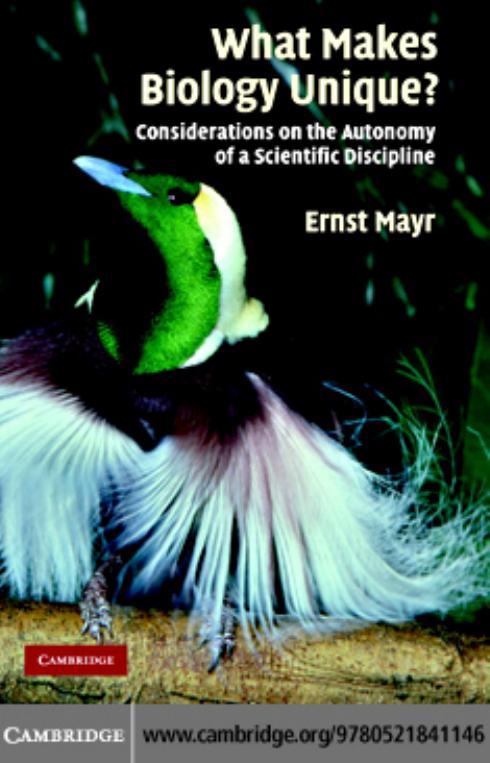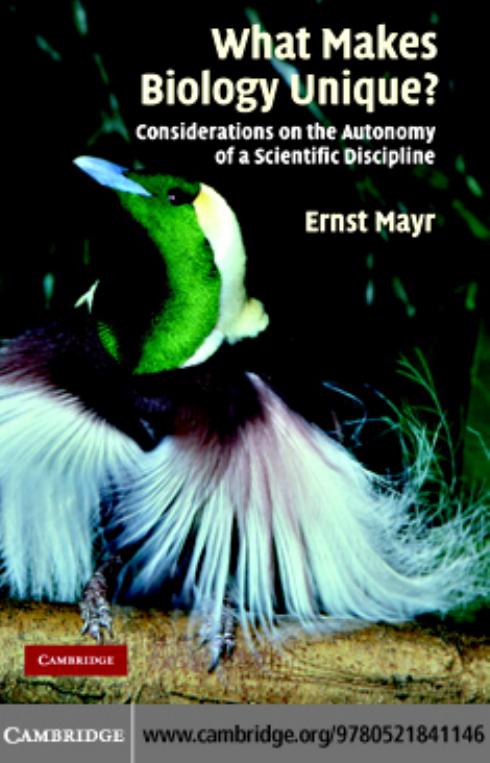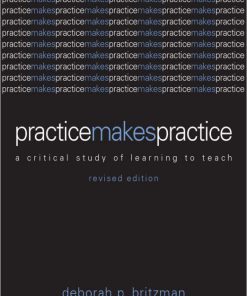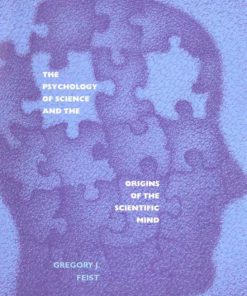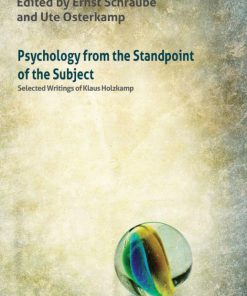What Makes Biology Unique Considerations on the Autonomy of a Scientific Discipline 1st edition by Ernst Mayr ISBN 0521841143 978-0521841146
Original price was: $50.00.$25.00Current price is: $25.00.
Authors:Ernst Mayr , Series:Psychology [1] , Tags:Psychology; Cognitive Psychology & Cognition; Science; Life Sciences; Biology; Evolution; Philosophy & Social Aspects; General , Author sort:Mayr, Ernst , Ids:Google; 9780521700344 , Languages:Languages:eng , Published:Published:Apr 2007 , Publisher:CAMBRIDGE UNIVERSITY PRESS , Comments:Comments:This collection of revised and new essays argues that biology is an autonomous science rather than a branch of the physical sciences. Ernst Mayr, widely considered the most eminent evolutionary biologist of the 20th century, offers insights on the history of evolutionary thought, critiques the conditions of philosophy to the science of biology, and comments on several of the major developments in evolutionary theory. Notably, Mayr explains that Darwin’s theory of evolution is actually five separate theories, each with its own history, trajectory and impact. Ernst Mayr, commonly referred to as the “Darwin of the 20th century” and listed as one of the top 100 scientists of all-time, is Professor Emeritus at Harvard University. What Makes Biology Unique is the 25th book he has written during his long and prolific career. His recent books include This is Biology: The Science of the Living World (Belknap Press, 1997) and What Evolution Is (Basic Books, 2002).

